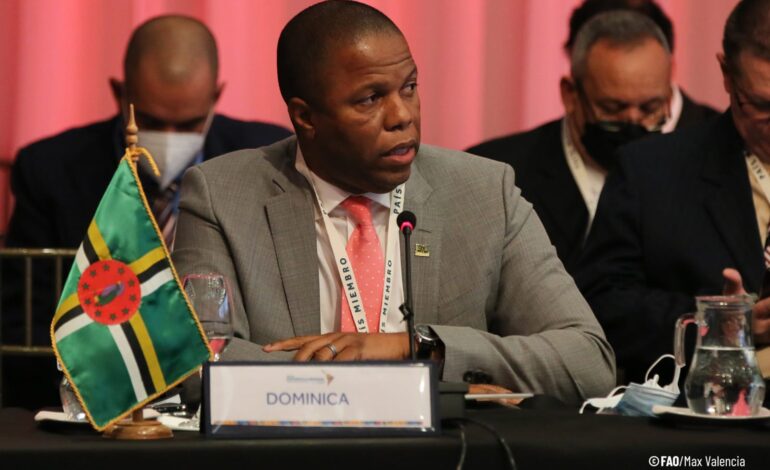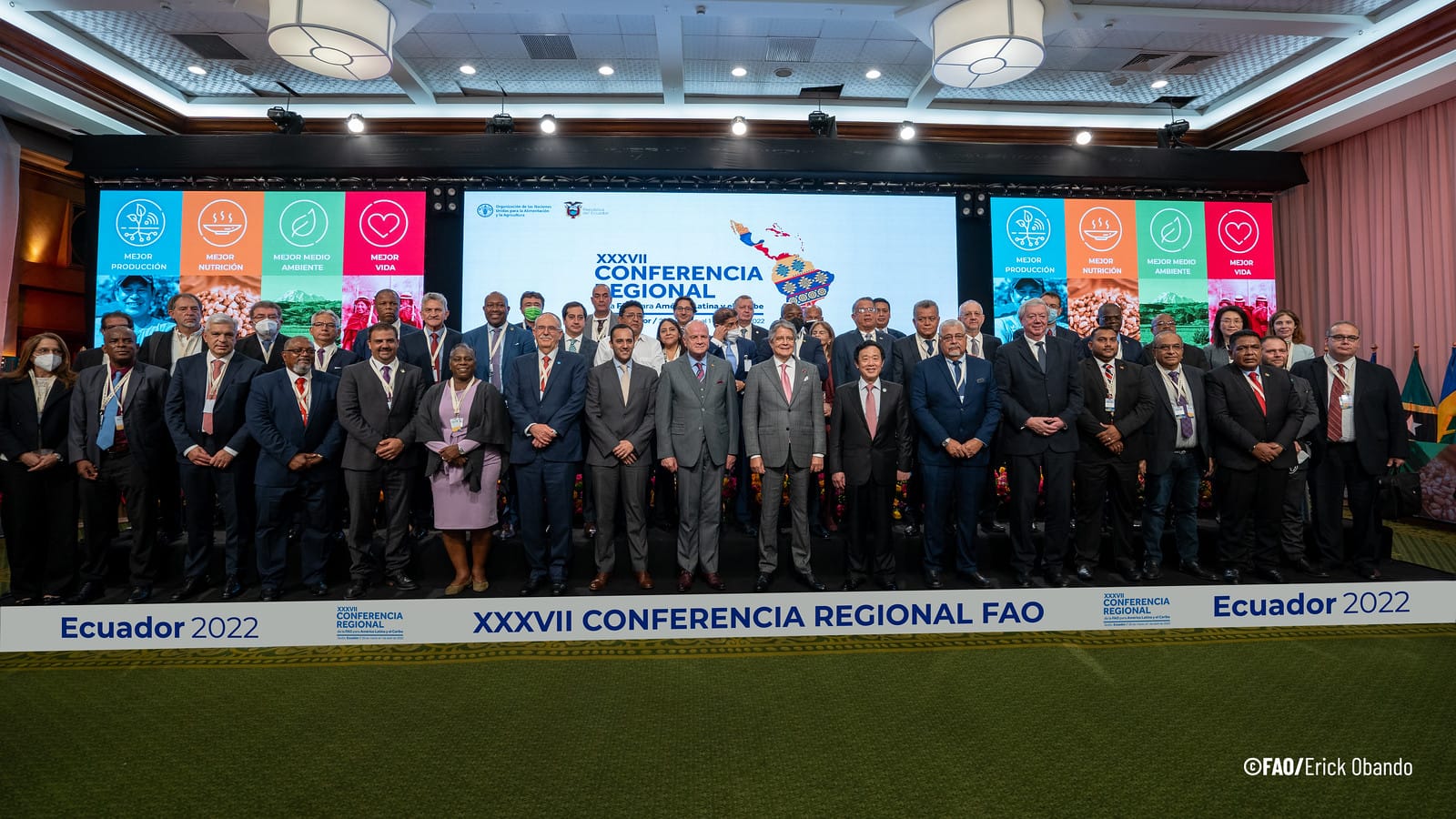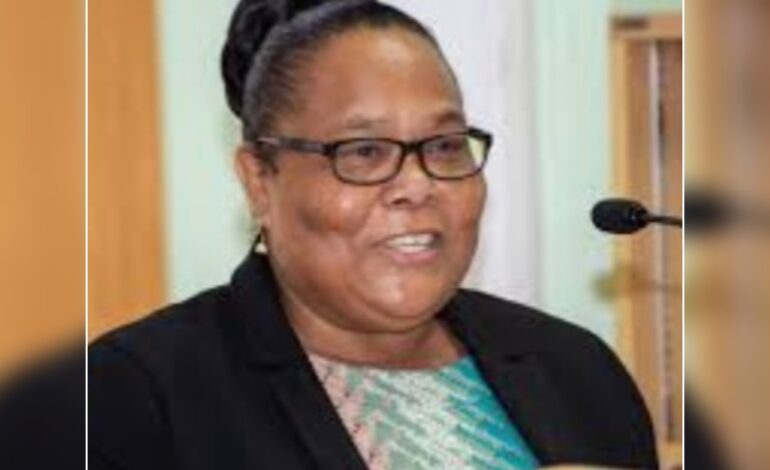
Quito, Ecuador on March 30 – April 01: Delegates from around the globe convened to dialogue and collaborate on areas of common interests, exchange experiences and lessons learned in an effort to accelerate the transformation of the agri-food systems at national and regional levels. The meeting deliberated on several strategic regional documents to include:
- Priorities for Food and Agriculture Organization (FAO) under the FAO Strategic Framework 2022 -2031
- Multi-year Programme of Work
- Update on the new FAO Strategy on Climate Change
- Outline and roadmap of the FAO Science and Innovation Strategy
Several common issues identified during the discussions were the rising cost of inputs, particularly fertilizers, the effects of the Ukraine War, the benefits of increasing agri-trade among members; exchange of experiences on policies and regulatory frameworks to guarantee safe, healthy and nutritious diets; the need to effectively address pests and diseases affecting agri-food systems, and increased research and development, inclusive of marine resource surveys.
CARICOM was well represented by Ministers of Agriculture and Senior Officials from Antigua and Barbuda, Bahamas, Barbados, Belize, Dominica, Grenada, Guyana, Haiti, Jamaica, St. Kitts and Nevis, St. Lucia, St. Vincent and the Grenadines, Suriname, Trinidad and Tobago.
At the regional level, CARICOM united in its key messages to ensure there was a strong call for special attention to the Caribbean SIDS in line with the SAMO pathway, and that blue and green economies which are well entrenched in our policy frameworks receive the necessary support. Countries also reiterated that they look forward to strengthened support from FAO to expand climate smart practices and nature-based solutions as critical measures in achieving sustainable food and agriculture systems. It was also noted that there should be equity in the distribution of technical cooperation programmes and other resources, paying special attention to the Caribbean with its own peculiarities.
Ministers of Agriculture presented and/or commented on national innovations around the four (4) thematic priorities of FAO: Better Production, Better Nutrition, Better Environment, and Better Life.
Minister Grant, in commenting on Better Production updated the meeting of Governments strategic co-investments in the areas of farm access roads, construction of a tissue culture facility, construction of resilient small ruminant livestock structures, construction of a marine research station, and rehabilitation of fisheries complexes.
In the Better Life, thematic session, Minister Grant presented on Government’s investment in digitalization of the economy with a focus on digital agriculture initiatives, and public-private partnership innovations as a means to reduce poverty, protect rural livelihoods, expand economic opportunities for youth, increase the use of digital and geo satellite information systems to monitor production and climate change, contribute significantly more to economic growth, and improve the quality of life of all Dominicans.
He said, “Innovation is already taking place through the complete rehauling of our Agriculture Information Management System that involves the introduction of ICT in extension services including mobile computers and drone technology for improved data collection and the dissemination of early warning information, as well as the development of e-tools in partnership with private sector stakeholders.
The policy thrust has no doubt prompted the creation of knowledge intermediaries such as a complete farm and farmer re-registration, databanks and apps…However, improving the capacity of stakeholders, including consumers to utilize advanced digital technologies will assist with farm productivity monitoring, diffuse market information and create a platform to influence safe and healthy food choices. Thus, creating a better life for all Dominicans.
The critical importance of such innovations has been highlighted by the 2017 hurricanes and the COVID-19 pandemic, as access to available and affordable food is always a first line of defense.
Such investments are turning points and for agricultural innovation in Dominica. The sub-regional office needs to be properly resourced to provide the requisite technical assistance and financial support to ensure that investments in climate smart technologies are introduced and sustained for expanded production; building on indigenous knowledge; attracting youth to invest in the sector; and exploring input alternatives to advance the sector and improve the quality of life of all Dominicans in these unprecedented times.”







